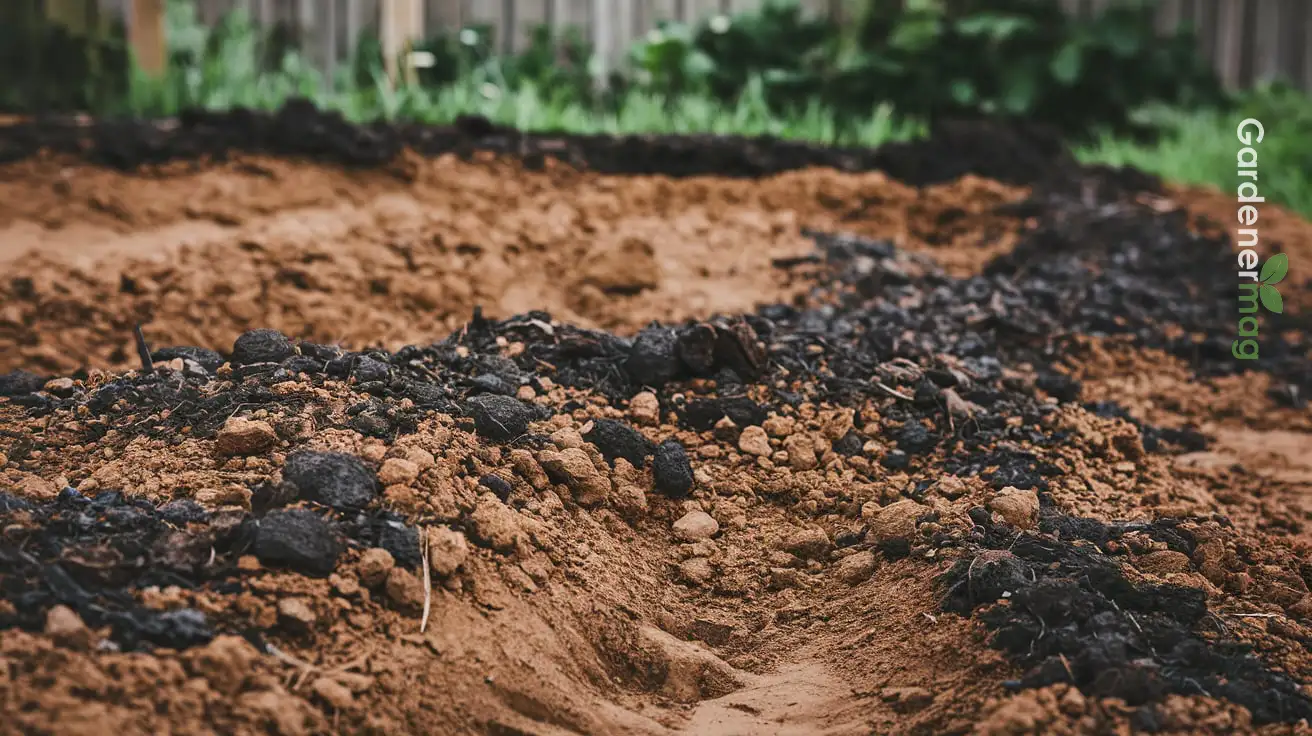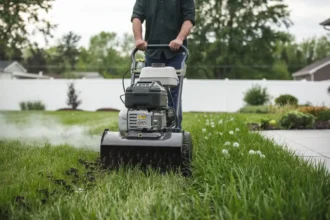Gardening is an enjoyable activity that comes with a lot of benefits. But did you know that your garden requires healthy and nutrient-rich garden soil to thrive?
Healthy and nutrient-rich garden soil is the foundation of a successful garden. In this guide, we will take a look at garden soil, its benefits, and how to get garden soil near me in your locality. Read on.
What is Garden Soil?
Unlike local soil, garden soil contains all the nutrients needed by healthy, robust, and thriving plants.
Garden soil is a premixed product that usually contains the right mixture of local soil, compost, and organic matter for improved plant health.
Unlike most fertilizers, garden soil is 100% eco-friendly and does not contain harmful residues that may subsequently find their way into the plant.
Hence, garden soil is safe for you, your plant, and your environment.
Please note that garden soil differs from garden mix (potting mix). While both of them are plant-growing media, garden soil is heavier and denser than garden mix.
What Makes An Ideal Garden Soil?
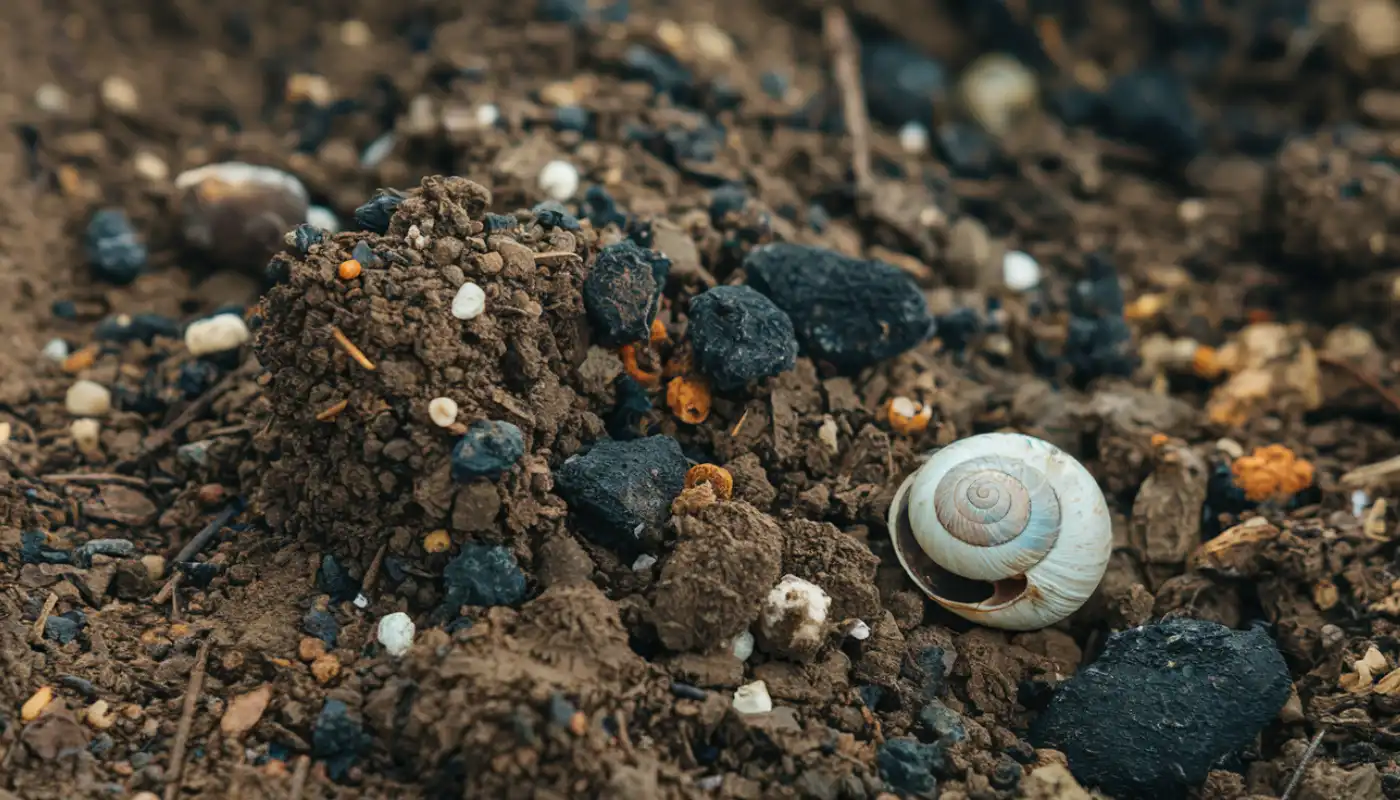
The best garden soil usually has the following characteristics, which make it ideal for growing plants:
- Soil Texture: The ideal texture of garden soil is loam because it is well-draining and retains moisture and nutrients. Loam is a balanced mixture of clay, sand, and silt.
- Nutrient Content: The best garden soil should be rich in essential nutrients, such as nitrogen (N), phosphorus (P), and potassium (K), and other micronutrients like calcium (Ca), magnesium (Mg), and iron (Fe).
- pH Level: The best garden soil should have a slightly acidic to neutral pH (~6.0 to 7.0), which most plants prefer. However, some plants have their specific pH requirements.
- Organic Matter: It must be rich in organic matter. Organic matter improves moisture retention, nutrient availability, and soil structure.
- Drainage: Garden soil must be well-draining to prevent root rot. The soil must be able to drain excess water and retain some moisture.
- Microbial Activity: An ideal soil must contain beneficial microorganisms, which are needed to break down organic matter in the soil to promote healthy plant growth and development.
- Weed-free: Soil is guaranteed to be at least 98% weed-free.
Please note that you may need to adjust soil conditions for some specific flower plants to meet their particular needs.
Finding Garden Soil Near Me
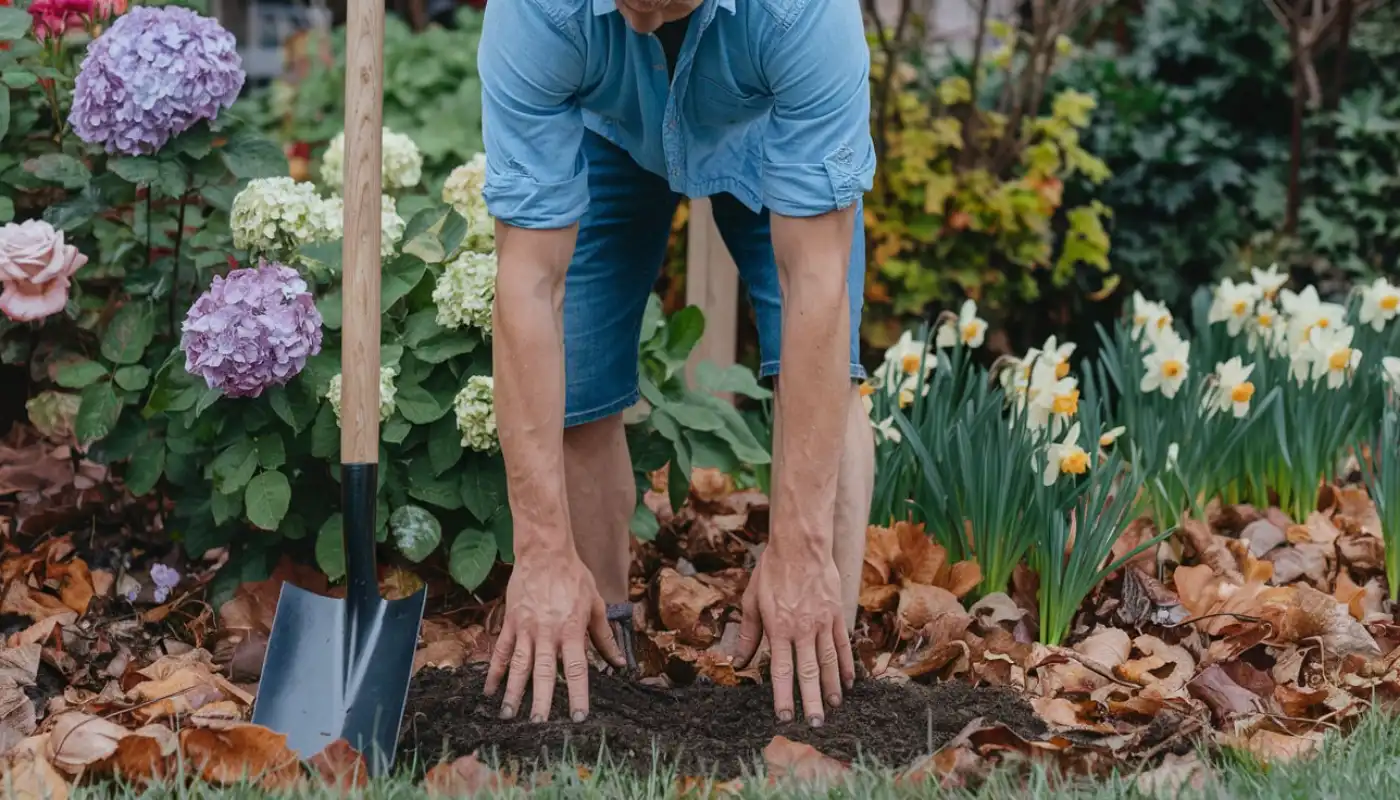
When growing your plants in raised garden beds, in-ground beds, or containers, topsoil is not the best choice but garden soil.
So, if you are starting a garden or already have one, try as much as possible to get suitable soil for your plants by searching for garden soil near me, irrespective of your location.
Available Options
When it comes to finding garden soil near me, here are a few options available:
- Local Nurseries or Garden Centers: These are usually the nearest and most convenient options to buy garden soil. They are very close to you and can visit your to carry out soil tests and amendments. They can also help you choose the best soil suitable for your plant needs.
- Home Improvement Stores: These are similar in operations to local nurseries. However, they often offer limited landscape supply or selections compared to local nurseries.
- Online Retailers: You can choose to buy your garden soil online from the comfort of your home. This option is the most convenient but can also be the most expensive due to the delivery fee, especially when you are buying a large quantity of soil.
Important Considerations
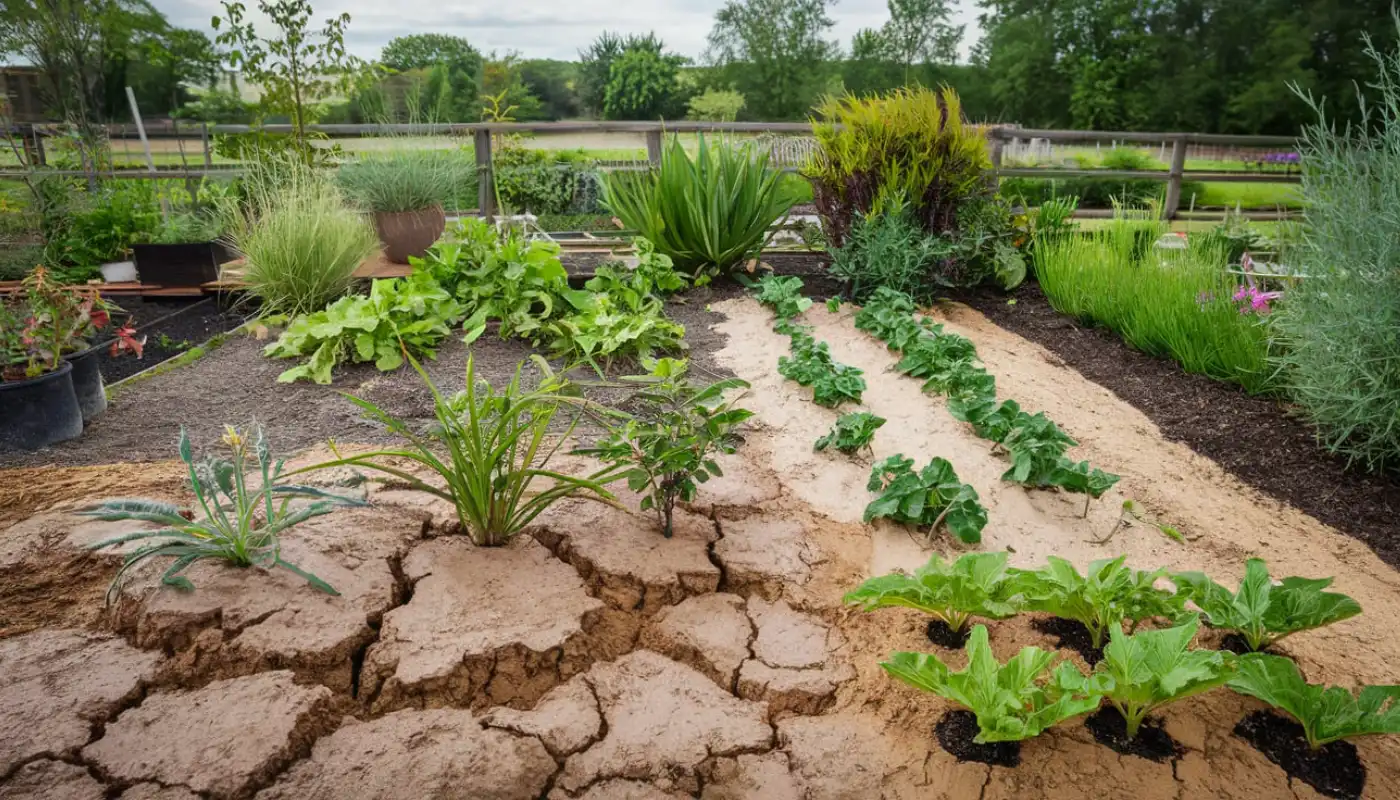
Before shopping for garden soil near me, consider the following:
- Delivery or pick up: Do you want the soil delivered to you in your location, or will you go pick it up yourself at the store? Most sellers offer day delivery services, but some charge a fixed fee for the delivery, some charge the delivery fee according to the distance covered, and some charge according to the purchase size. To save cost, you can choose to pick up the soil, especially if you have a suitable vehicle and labor to handle the load.
- Storage: If you need to leave the soil for some days before application, plan an efficient way to store the soil after offloading. If possible, cover the soil until you are ready to use it. Doing this will help to maintain the soil’s looseness and crumbly texture and also prevent the soil from metamorphosing into an anaerobic compost pile.
- Offloading spot: You need to consider where you want the soil to be delivered, especially if you are buying in bulk. This will aid accessibility. Do you want the soil to be offloaded by the side of your driveway, where you can easily access it with a wheelbarrow?
Remember that a truckload of soil can be very weighty and will leave deep tracks if it is driven on your garden or lawn.
Conclusion
If you are looking for high-quality garden soil near me to promote your plant’s growth and development, we believe that this guide will help you.
With this guide, you can find the most suitable soil options available near you, whether you prefer to pick it up from a local store or request delivery from an online shop like Amazon or Lowes.
If you need helpful tips and advice on how to get garden soil near you, kindly reach out to us via the comment section below.
Frequently Asked Questions (FAQs)
It is cheaper to order premium soil and topsoil in bulk than in small bags. However, this depends on your soil needs. For instance, if you need soil or your container gardening or pot flower, it is ideal to get small bags of soil rather than a truckload of soil.
No, garden soil is not the same as topsoil. Topsoil does not contain too much organic matter and is coarser than garden soil. Also, garden soil has been screened and mixed with compost, mulch, peat, shredded bark, etc., to make it richer.
No, soil differs from garden mix. While both of them are plant-growing media, garden soil is heavier and denser than garden mix.
No, soil is less expensive than potting soil. Potting soil contains more costly additives, such as vermiculite and perlite, which are lacking in garden soil.


